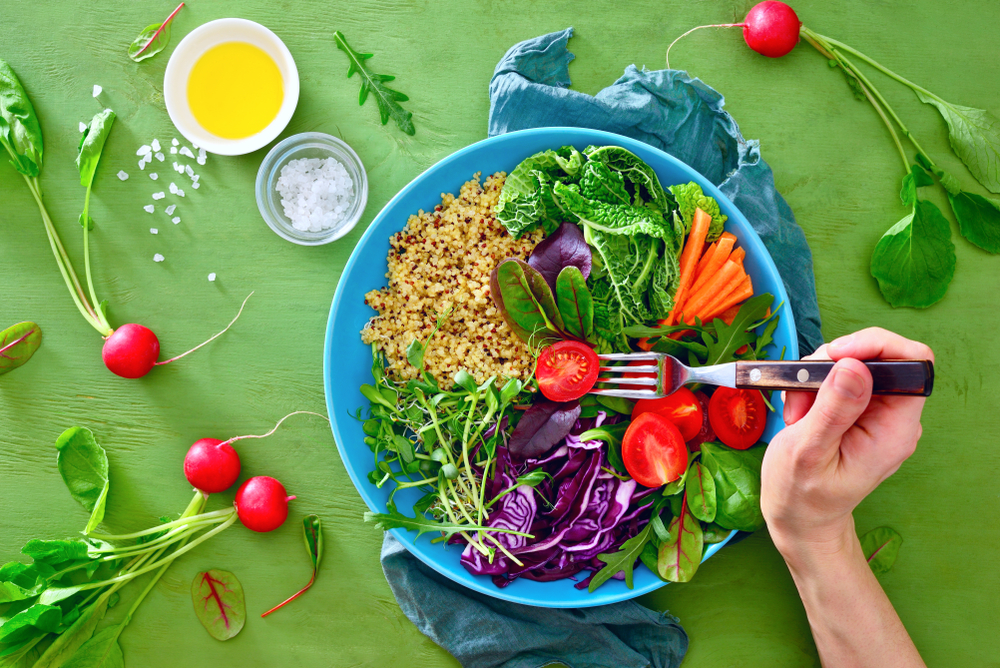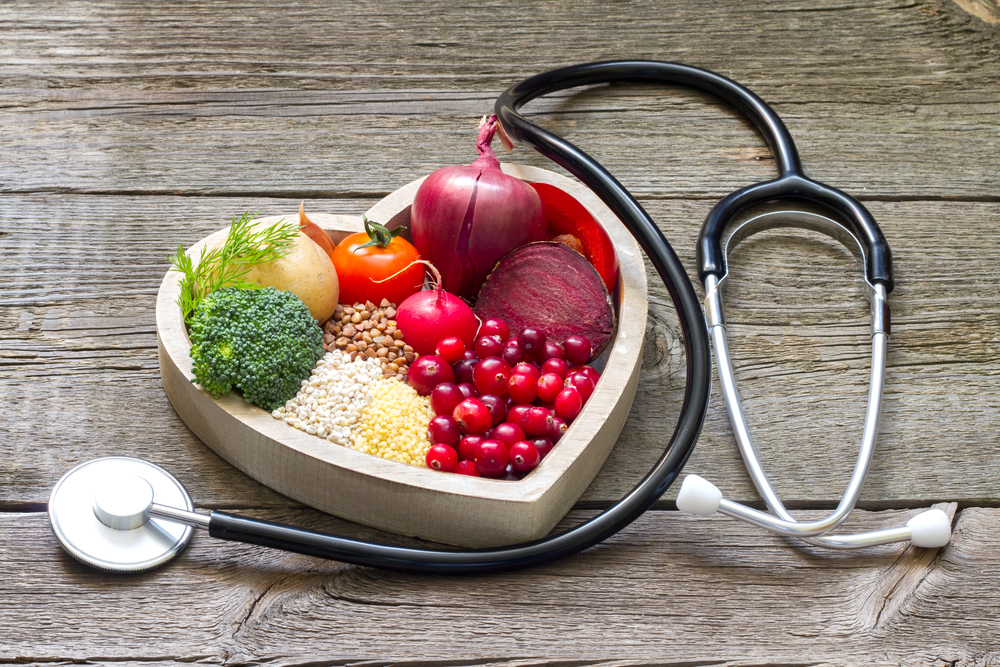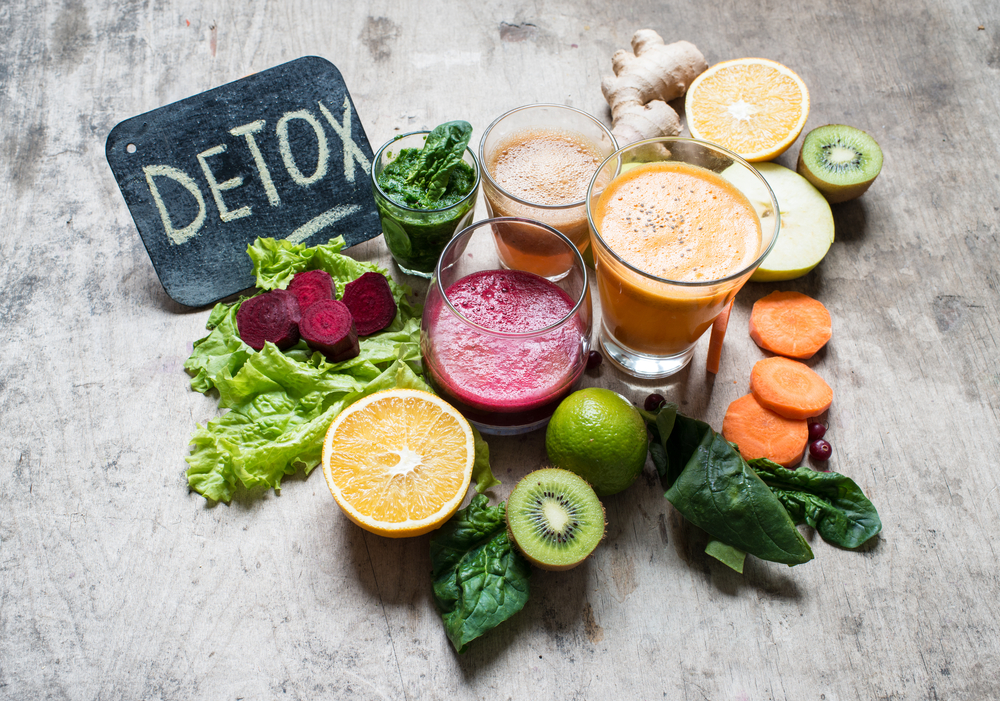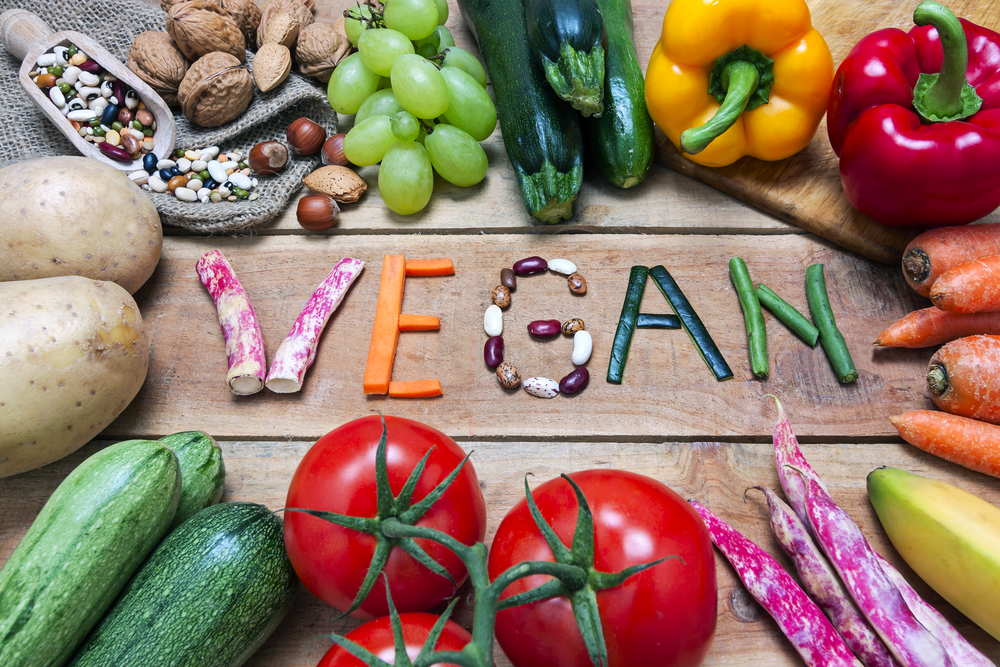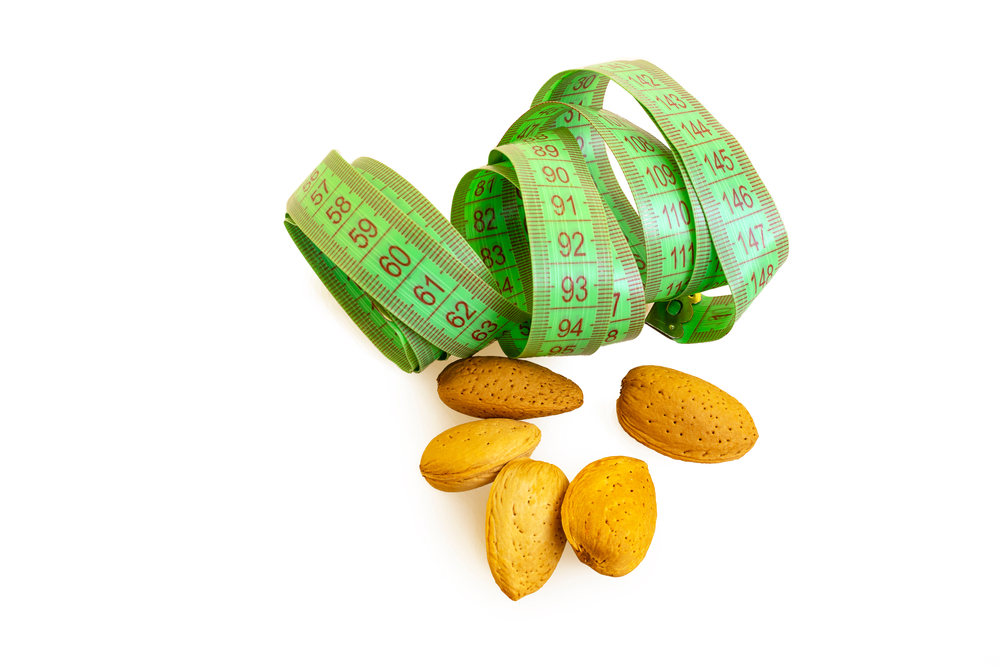Anything foreign to the human body activates our immune system to put it on alert. This process is called inflammation. Foreign bodies can be pollen, chemicals, microbes (diseases) or poorly tolerated foods. It is essential to identify the foods that cause this inflammation. One can then adopt a diet called anti-inflammatory. In this article you will find out which foods should be avoided and which should be preferred.
TO BE AVOIDED OR EATEN IN MODERATION
Sugars and flours
When you eat foods rich in sugars and flours all the time, blood sugar peaks can generate inflammatory reactions such as headaches, fatigue, bad moods. . .
Certain fats
So-called "cooking oils", i. e. soya, corn, sunflower, contain ingredients that cause an inflammatory reaction. The fatty acids involved are long chain, harder to digest and too rich in omega-6.
Save olive oil for salads, it oxidises easily. For cooking, consider using coconut oil, which contains medium-chain fatty acids that are easily used by the body. Its oxidation temperature is very high and it does not degrade like cereal oils.
Trans fatty acids or hydrogenated fats, you probably know them, like palm oil. By injecting hydrogen into the oil, it is given a solid consistency that makes cakes and industrial sauces stick. In general, avoid ready meals that contain added sugars and bad fats such as hydrogenated fats.
Dairy products
The lactose in milk contains an allergen that triggers inflammatory reactions. With age, the body produces less of the digestive enzymes (lactase) needed to assimilate lactose. It is therefore advisable to "limit" your consumption of dairy products.
Gluten and cereal products
Gluten, the protein found mainly in wheat and other cereals such as spelt, rye and barley, is sometimes poorly digested.
Up to 10% of the world's population may be affected. Damage to the lining of the intestine can cause it to become permeable, allowing foreign bodies to enter your bloodstream, and your body responds by causing general inflammation. Stomach cramps, bloating, intestinal pain, eczema, difficulty concentrating.
TO BE EATEN MORE OFTEN
Fatty fish
Fatty fish such as trout, salmon, sardines, mackerel, herring and halibut contain a lot of omega-3. When ingested, these fatty acids are converted into several compounds with anti-inflammatory effects. For easier intake, consider taking a course of food supplements - Omega-3.
Spices
Many spices have anti-inflammatory properties! For example, turmeric, the main ingredient in many anti-inflammatory food supplements, but also ginger and cayenne pepper are spices that can help you reduce inflammation.
Whole Grain
Whole grains are an excellent source of dietary fibre! Rich in fibre, they can reduce inflammation and also help maintain a healthy bowel movement. Examples include brown rice, quinoa, oats, etc.
Food intolerance tests
Why do it?
Food intolerance phenomena are inappropriate reactions to food fragments following a disruption of the balance.
An immune and inflammatory reaction will take place towards the food fragments that are no longer "tolerated".
The inflammatory/immune reactions are more or less important and the clinical manifestations are sometimes weak, non-symptomatic (especially at the beginning of the disorders) and it can take a long period (sometimes several years!) before a frank clinical symptomatology.

